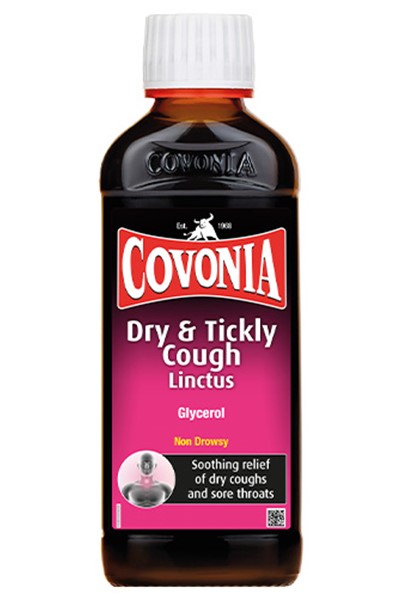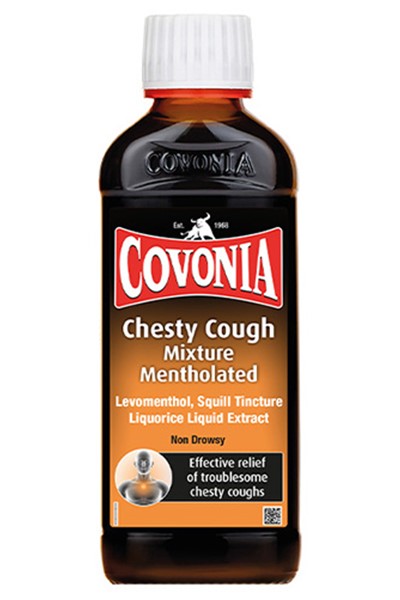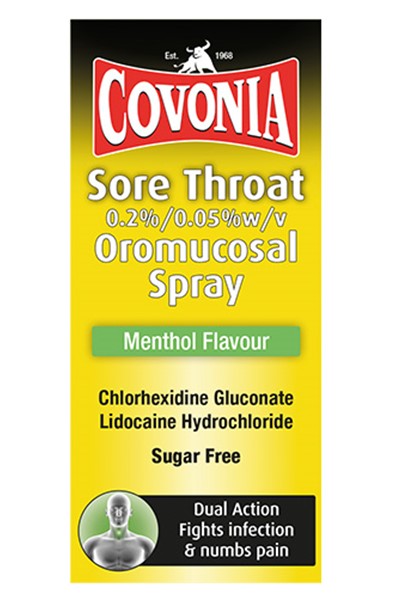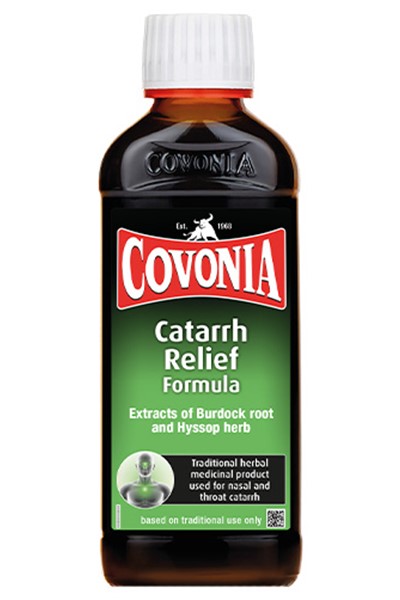COLD VS. FLU: WHAT ARE THE DIFFERENCES, SYMPTOMS & TREATMENTS?
Colds and the flu are caused by viruses that continually evolve, so getting one doesn’t necessarily make you immune from the next - that’s why there is no ‘cure’ for them either. As antibiotics don’t work against viruses, it’s best to tackle the symptoms head-on. Read on as we look at the differences between cold and flu, including the common cold and flu symptoms to look out for and different ways to fight them. It's time to get bullish with your cold.
What is a cold?
The common cold is a viral infection that causes inflammation of your nose and throat, also known as the upper respiratory tract. Colds are easily spread from person to person by air droplets that are coughed or sneezed into the air by the sick person. They are not usually serious, clear up on their own and symptoms can last from a couple of days to a couple of weeks.
What are the common cold symptoms?
If you think you have a cold, you’ll begin to display some common symptoms, such as:
- Blocked or runny nose
- Sore throat
- Headache
- Muscle aches and pains
- A new cough
- A temperature
- Sneezing

What is the flu?
Flu is a more serious respiratory illness caused by influenza viruses that infect the nose, throat, and sometimes the lungs. Like the common cold, flu is highly contagious and easily spread from person to person by germs from coughing or sneezing. Flu will often get better on its own, but some people may need medical attention. Getting your flu vaccine every year can significantly reduce the chances of you becoming seriously ill with the flu.
What are flu symptoms?
Many symptoms of the flu overlap with common cold symptoms, but look out for these additional symptoms too:
- Fatigue and weakness
- Fever and chills
- Body sweats
- Nausea
- Chest discomfort
- Loss of appetite
- Difficulty sleeping
- Diarrhoea or tummy pain
What is the difference between colds and flu?
The common cold and flu are both caused by viruses and can present with similar symptoms. However, the flu can be much more serious and more likely to make you feel ill. Flu symptoms tend to be more intense and come on abruptly.
What to do if you have a cold or the flu
Try these at-home cold and flu remedies to ease your symptoms and speed up your recovery. If your symptoms persist or get worse, please speak to a medical professional, like your GP.
Do…
- Listen to your body - keep warm, get lots of rest and allow your body to fight the virus
- Drink plenty of fluids – stay hydrated as water and juices can help cool a fever
- Sleep with your head on a high pillow – this helps to ease congestion if your nose is blocked at night
- Focus on nutrition – prioritise a healthy, balanced diet to help your body to fight the virus
- Take paracetamol – this can ease bodily aches and pains, plus headaches
- Try steam inhalation - a simple, effective way to help ease nasal and sinus congestion. Adding menthol to the hot water may help, too
- Use a tissue to catch sneezes – this will help avoid spreading the virus
- Feel the Power with Covonia All-in-One – to fight the infection head-on
Don't...
- Try to do too much – your body will be fighting the virus, so you may feel tired more easily than usual
- Smoke – this can further irritate the linings of the nose and throat
- Close your windows – fresh air is good for your immune system
- Drink alcohol – this will dehydrate you and may interact with any medicines you are taking
- Take antibiotics – they are designed to treat bacterial infections, not viruses
What to do if you have a cold or the flu
Sometimes, you might need an extra hand to diagnose or treat your cold or flu. Make sure you visit your GP if any of the following apply to you:
- The symptoms are not relieved by over the counter medicines
- Symptoms persist for more than three weeks
- Symptoms suddenly get worse
- Symptoms recur frequently or seem continuous
- There is a high fever (above 38.5C)
- You have persistently painful, swollen glands or difficulty swallowing
- You have difficulty breathing
- Symptoms are unusual
- A rash is present
- You have a stiff neck
- You have earache








